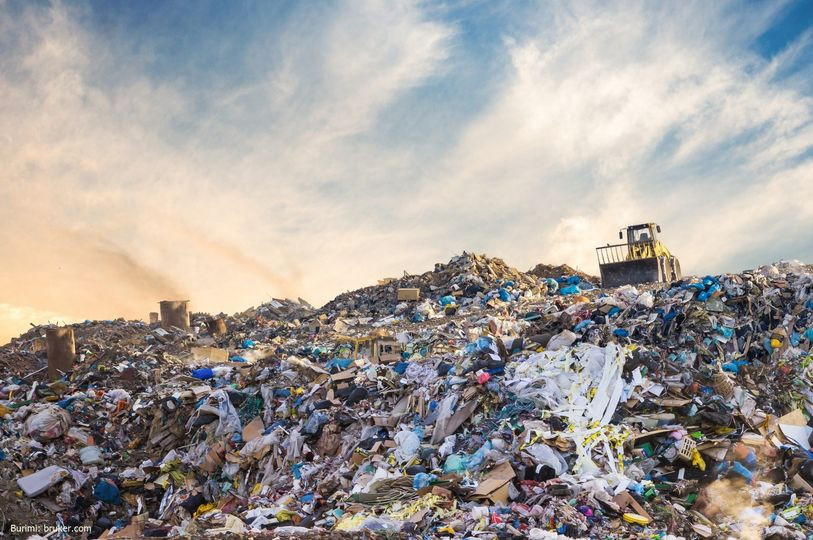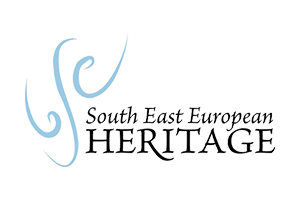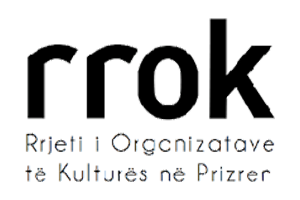Unenviable situation in the sanitary landfills of Kosovo

The situation in Kosovo's sanitary landfills remains unenviable, based on the assessments made and the reports drawn up by the Environmental Protection Agency of Kosovo. According to the findings of this Agency, it is getting worse as a result of mismanagement, not rehabilitative investments, but also from exceeding the capacity to receive the amount of waste.
A report of the AMMK published in June of this year announced that during the period February-June 2021, monitoring and assessment of the state of the municipal waste sanitary landfill for the region of Peja, the municipal waste sanitary landfill for the region was carried out of Prizren and the station for the transfer of municipal waste in Gjakova. "Based on the visits made to these landfills, it has been established that their condition is not good and that there are problems related to the management of the landfills", it is stated in the publication of the AMMK, in which case it is emphasized that among the main problems identified are irregular compaction and covering of waste, irregular distribution of waste in the landfill, waste outside the landfill fences, discharge of landfill water outside the collection basin, the presence of stray dogs in the landfill area as well as the presence of homeless individuals authorized in landfills dealing with the collection of certain types of waste for the purpose of selling them.
Meanwhile, in the Report of Municipal Waste Management in Kosovo for the reporting year 2019, published during this year, AMMK based on the data provided, which includes the entire waste cycle, starting from production to their final treatment , has concluded that there is a movement in the improvement of the indicators. But there it is stated that the disposal of the overwhelming part of waste generated in sanitary landfills is still a major problem at the country level. The dire situation in sanitary landfills is also singled out. "Also in this reporting year, a serious condition of sanitary landfills in Kosovo has been recorded, which is getting worse as a result of mismanagement, not rehabilitative investments, but also from exceeding the capacity to receive the amount of waste", the report states. Where it is reflected that the amount of municipal waste deposited in sanitary landfills amounts to 449,881.81 tons/year, without including the amounts of waste deposited in other non-sanitary landfills, such as that in Istog (Tuqep), or in other landfills in the northern part of Kosovo, since there is no data reported. "Unlike the previous year, in 2019, the amount of deposited waste has increased by 24,292.55 tons more or expressed as a percentage of 5.7%", he writes in the report. At the same time, it is emphasized that there are still no genuine initiatives, whether at the local or national level, that show concrete actions towards a circular economy, while recycling still remains a difficult challenge to be realized. In the AMMK report, according to the data of 2019, about 10.2% of households at the country level have access to infrastructure for sharing at the source, although this percentage according to the authors of the report should be taken with skepticism.
The national strategy for waste management 2013-2022 has aimed that by 2022, 90% of the population in the Republic of Kosovo will be involved in organized waste collection, and also the percentage of municipal waste destined for further treatment and recycling will increase. up to 40%.
That landfills are not properly managed is also stated in the European Commission's 2020 report on Kosovo, where it is requested that the Law on waste be further harmonized with the Waste Framework Directive, as implementation is deficient and most waste ends up in landfills that are not managed properly, or illegally. "Kosovo should introduce legal and practical measures to reduce waste and increase recycling and recovery in accordance with the principles of the circular economy," says the report, which recommends that the coal ash deposit lake operated by KEK and the Mirash landfill in Obiliq urgently and permanently be closed and rehabilitated.
The national strategy for waste management 2013-2022 as an objective envisages the creation of a framework of measures within which in the Republic of Kosovo it would be necessary to reduce the amount of waste that is created and the establishment of a sustainable system for waste management. The focus of this strategy, among others, has been on reducing the amount of waste generated at the source as well as reducing the amount of waste that must be deposited; the development of the infrastructure for the establishment of the integrated system in waste management (Reduction - Reuse - Recycling - Incineration - Landfill), creating the conditions for an effective operation of the system; reducing the risk of waste; etc.
But the current situation shows that there is still work to be done by all the responsible institutions and the society itself to reach the European waste management standards, so that the amount of waste for disposal is reduced to a minimum and the disposal is done safely, then for the waste to be the least dangerous for the environment and human health, as well as for the waste to be put on the market for economic benefit, especially from the recycling process, or returned to the environment in a useful form (e.g. composting) or that the waste has been rendered harmless. Therefore the EU's recommendations for continuing to increase the coverage of waste collection, especially with the introduction of waste separation and recycling, the introduction of circular economy measures to reduce waste and addressing the issue of illegal landfills should be addressed. by local institutions with the mobilization of the community to achieve positive results in this regard.




